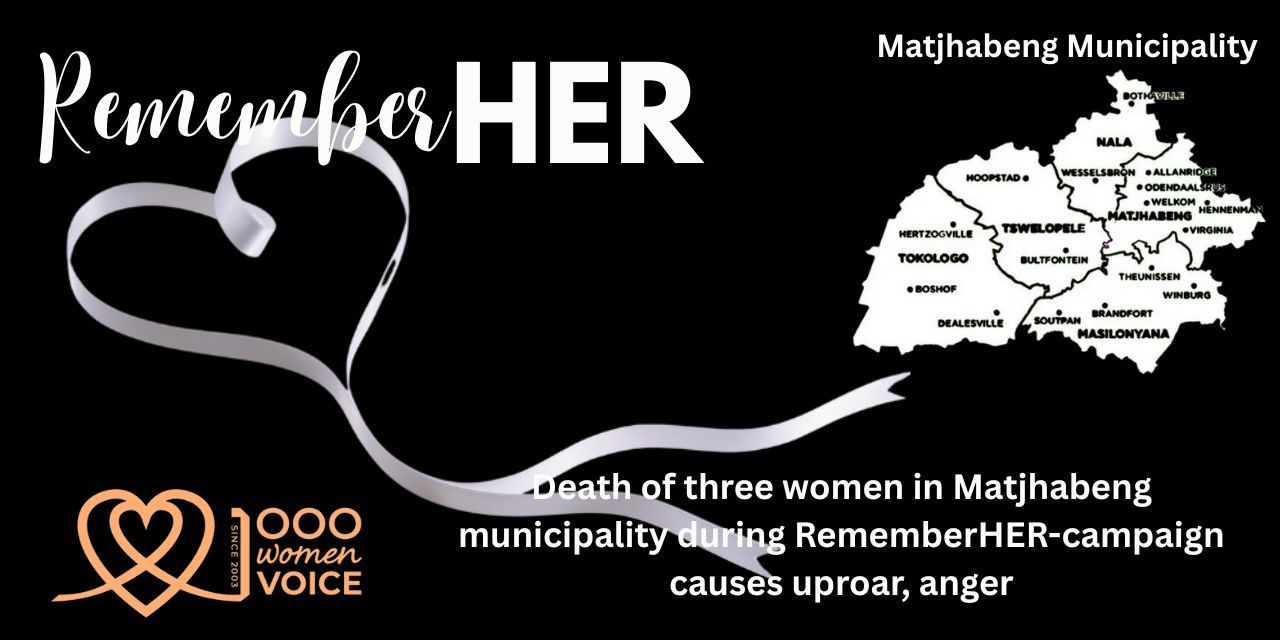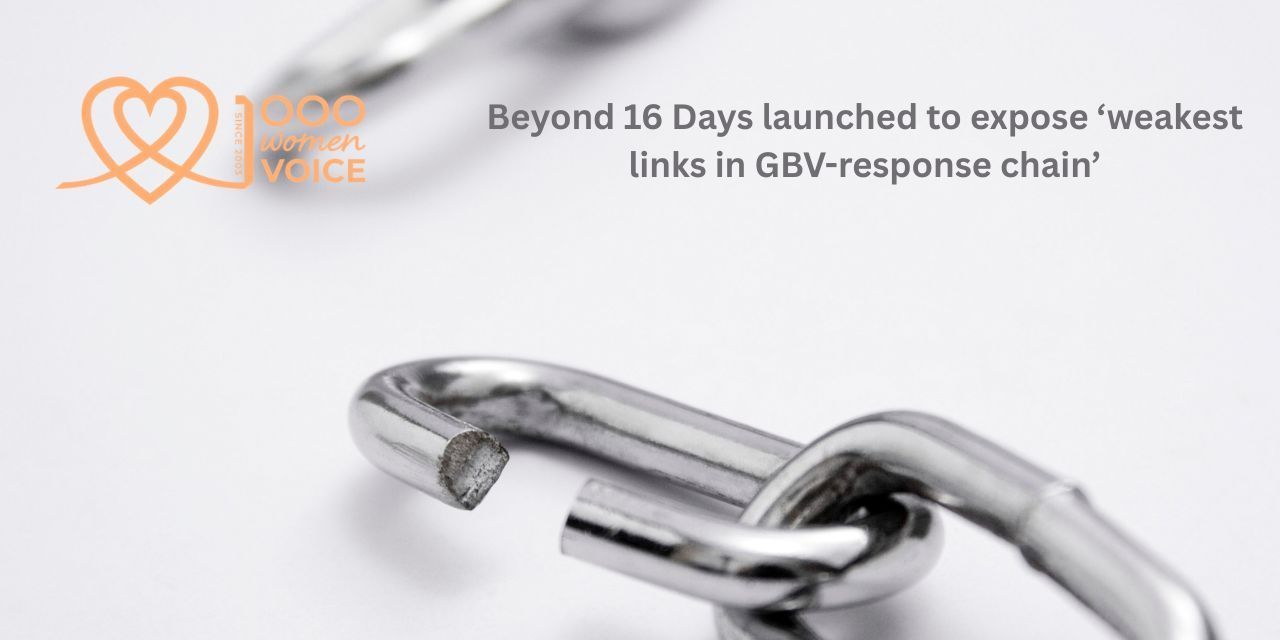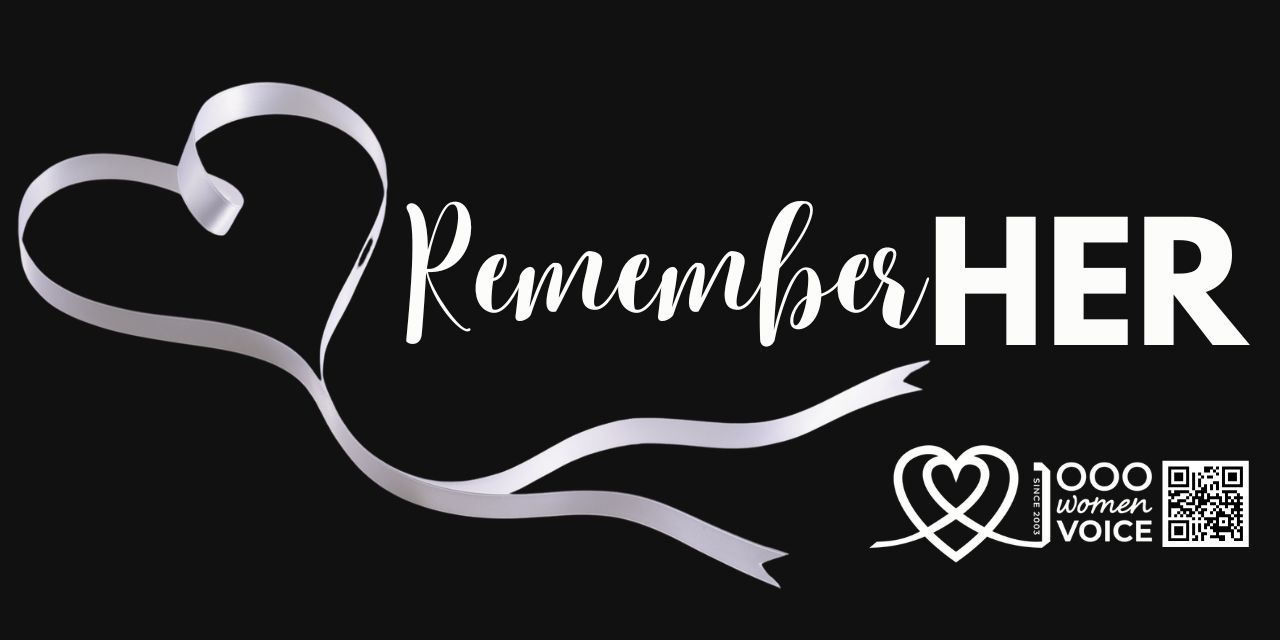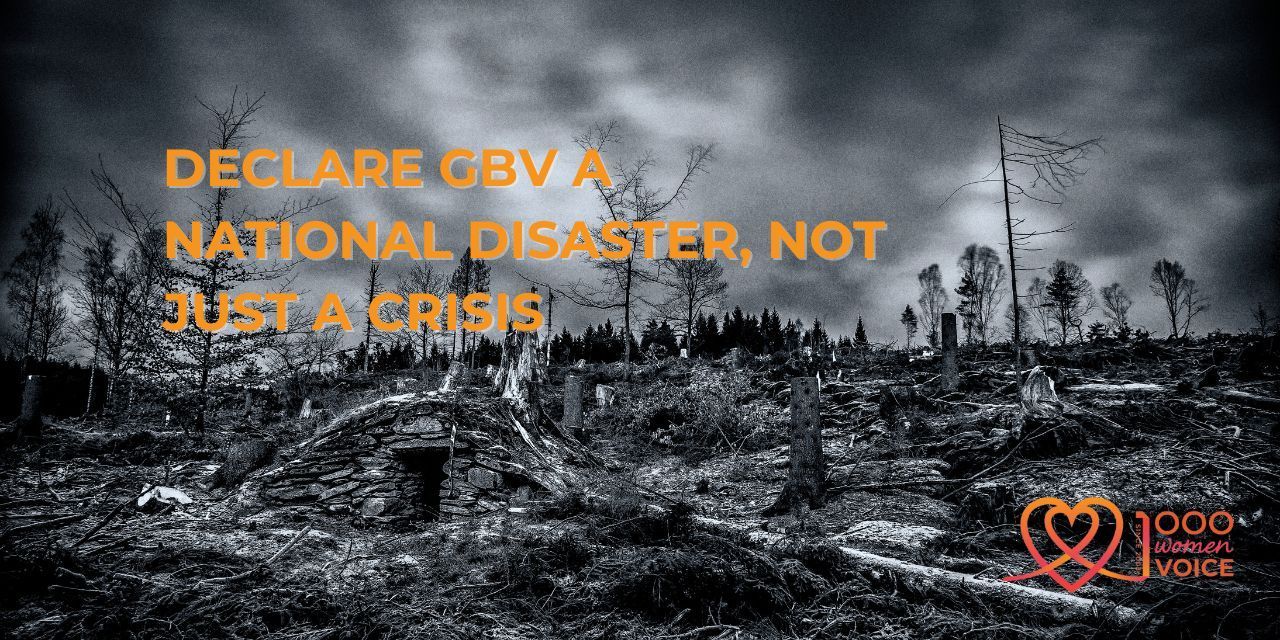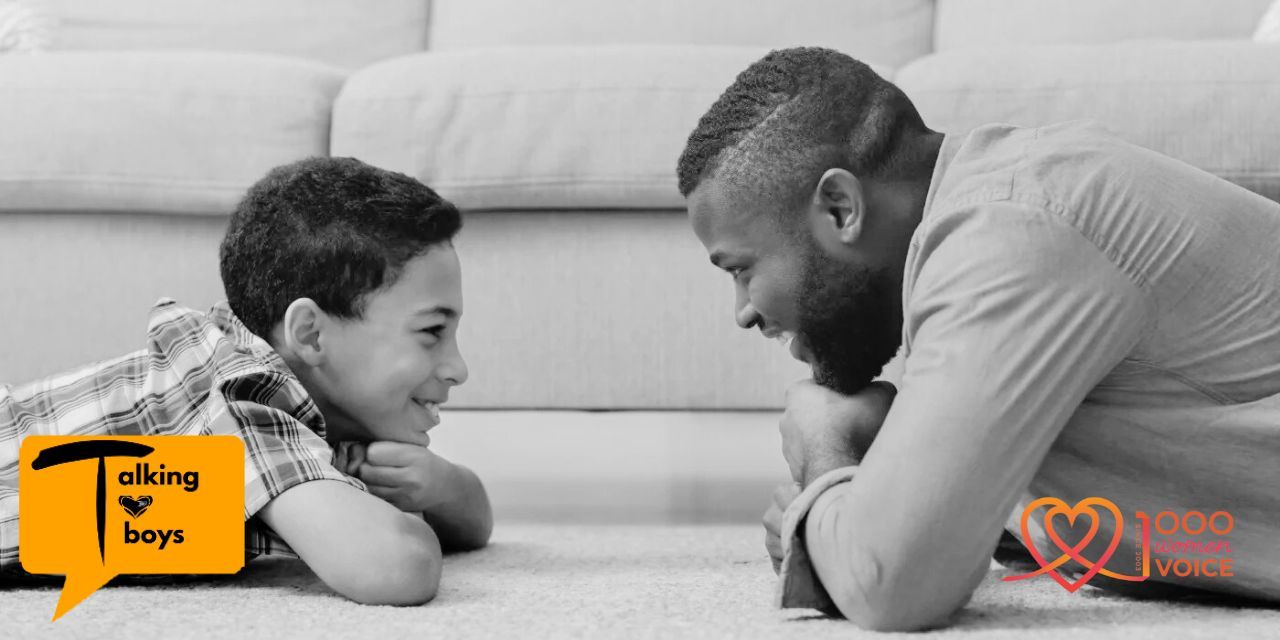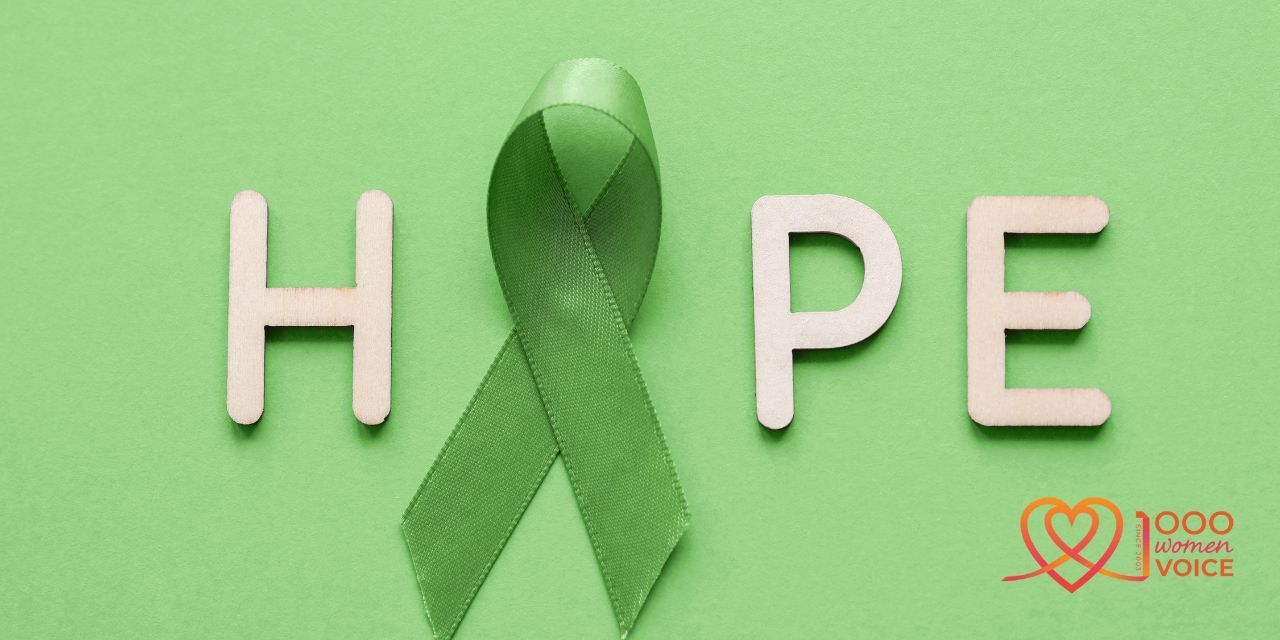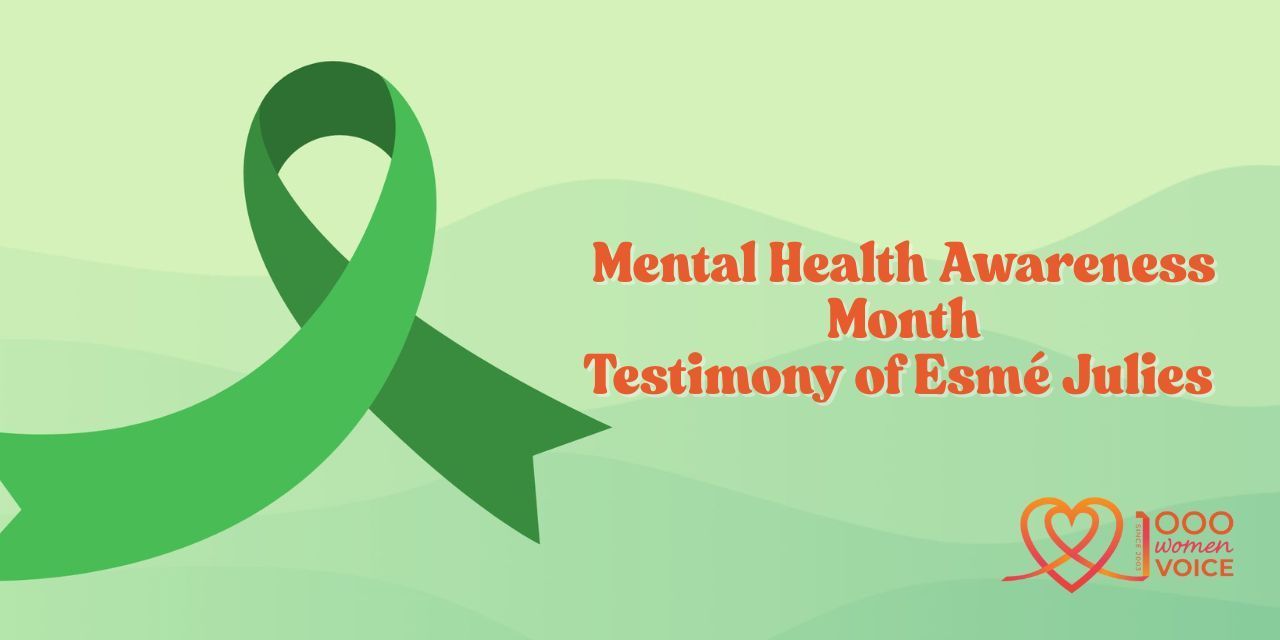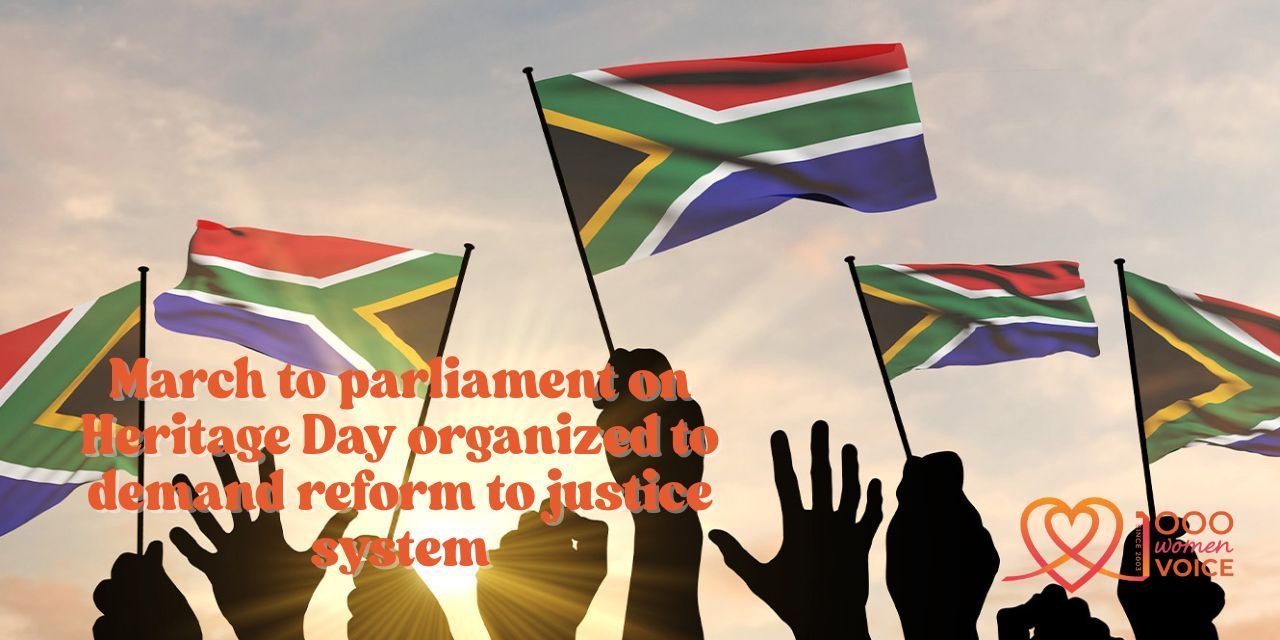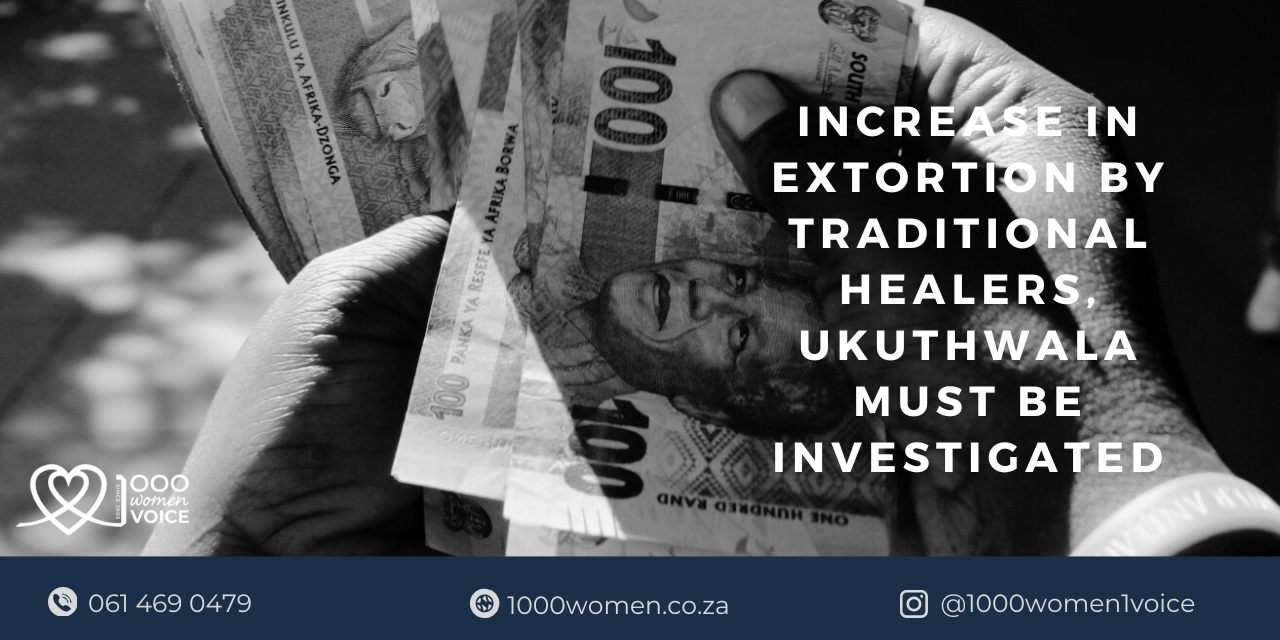Tobias Basson outlines business-DNA that led to a partnership with 1000 Women Farm, Dr. Ruben Richards
CAPE TOWN. – Tobias Basson’s primary vision of healing and restoring people before making them self-sustainable agricultural entrepreneurs, and his partnerships with Dr. Ruben Richards at Namakawaland Sitrus and with Tina Thiart at 1000 Women Farm, are destined to transform the Sandveld region in the Western Cape into a hub for prospering women farmers, while also serving as a healing balm to women who have survived gender-based violence.
Basson is the managing director of Namakwaland Sitrus.
1000 Women Trust is partnering with Basson of Namakwaland Sitrus and with Dr. Ruben Richards of the Ruben Richards Foundation to establish a restoration center and a joint venture that will take the economic empowerment of women to a new level.
The new partnership focuses on transferring ownership of an existing farm owned by Namakwaland Sitrus, to the new entity called 1000 Women Farm.
1000 Women farm will accommodate and restore 100 survivors of gender-based violence per annum in their on-site restoration center. This is a consequence of a strategic decision made by Namakwaland Sitrus to dedicate its vegetable business to the restoration of survivors of gender-based violence.
Basson outlined his own vision and strategic goals that have led to the historic partnerships.
He says, “Who you are, determines the DNA of any business, the strategic decision you are going to take on how you grow and where you will invest your money.”
“Even before I met Dr. Richards, our purpose as the company was to do healing work in the region and further afield on our African continent, specifically Uganda. Our strategic goal as a commercial farming business was to heal the people, to heal the land, instead of first healing the land and then healing the people. Ultimately, people are more important than the land. Healed people will create a healed ecosystem of resources and economy that will take care of land as well.
“In Uganda, I saw that the biggest need was to improve the productivity of small farmers. And this was best done by ensuring the availability of better seeds.
“So Namakwaland Sitrus established a farming system over five years that helped provide local farmers with better varieties of seed grown to a high-quality standard. We improved the productivity output of partnering farmers by 50%.
“The entire seed supply farming system is run today by a 100% Ugandan management team and workforce. The farm production manager started life as a qualified schoolteacher. After five years of active coaching and mentorship and no prior experience, he is a competent potato grower managing the biggest irrigated potato farm in Uganda, namely Namakwaland Farms Uganda.
“By divine appointment I met Dr Richards in October 2019. After lengthy discussions, getting to know each other better, he became the 51 % shareholder of Namakwaland Sitrus.
“During the pandemic last year, we launched Project Orange from our Clanwilliam farm with the goal of making a difference in the lives of vulnerable South Africans. Through Project Orange, we distributed seven million oranges nationwide, at no cost to the end consumer and beneficiary. This was our contribution to combatting the Covid-19 pandemic with the weapon of farm-fresh Vitamin C.
“But what would follow after Project Orange. I grew up on a farm and experienced first-hand the damage that alcohol could inflict on families, but also the destructive impact of gender-based violence. Many of the women working on our farm still carry the scars on their bodies and faces – women who were abused by men who lost their tempers and lashed out at them.
“We were looking for a partner to assist us with our fight against gender-based violence, but we wanted the partnership to also be economically sustainable so that even if donor funding dries up, the project would be self-sufficient,” said Basson.
“We started talking to Tina Thiart, founder member of 1000 Women Trust. After sharing our vision and dreams, we signed a Memorandum of Understanding with a vision to create a sustainable women-owned commercial vegetable farm.
“As for the sustainability of the project, we will use three ways to support it namely primary agriculture, processing/packaging and the creation of a renewable energy (solar) plant. 1000 Women Farm also negotiated an offtake with Pick ‘n Pay for their products. It was important to find a market for our product. A solar farm will be built to generate 100 megawatt – power that we could sell to potential clients such as the metropole of Cape Town. The shortage of electricity for the national grid makes this a viable venture” said Basson.
“We know that the funding is necessary if we want to support the gender-based violence project because we need doctors, protection services, and psychologists for the rehabilitation center and that is expensive,” Basson added.
The whole purpose of the project with the rehabilitation centre is to heal women who have been subjected to gender-based violence at all levels. We want to use agriculture for that purpose – to give women who have been hurt an opportunity to craft a different identity and purpose. “We also want to facilitate the restoration of self-confidence, as well as create pathways that will lead to their economic empowerment,” said Basson.
“We want to create food suppliers who are agriculturists who sell products to their community at affordable prices. We want to get women economically independent,” said Basson.
“We also realize that we must speak to the perpetrators and that is why Dr. Richards’ work with the Cederberg and Matzikama municipalities (in collaboration with 1000 Women Trust) to speak to men is so important.
“Many times, men are insecure in themselves and they try to prove themselves by abusing alcohol and then abusing women. Their conduct is the symptom of a deeper problem – of people who don’t know what their identity is,” said Basson.
“Our wish is for a restored and healed South Africa. We are committed to using what is in our hands, namely agriculture, to make a contribution to reach that goal,” said Basson.
